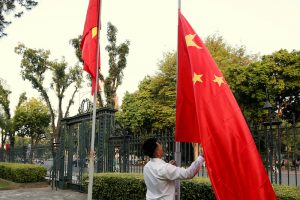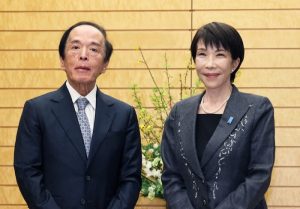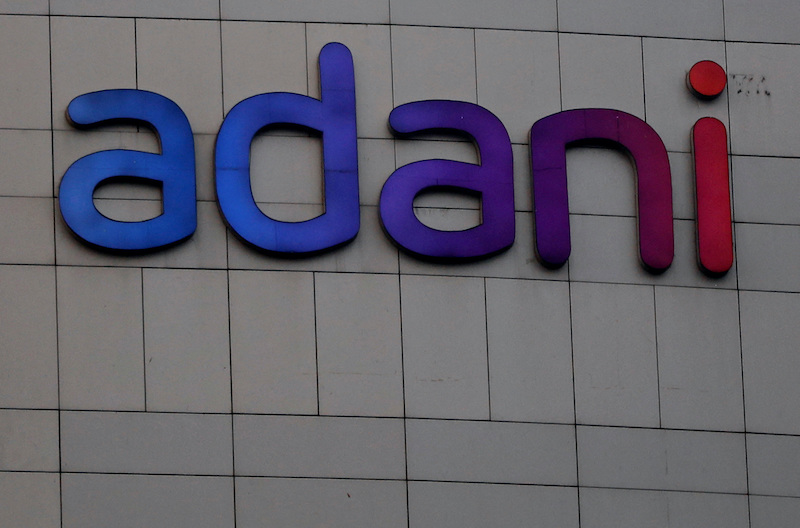Intel has junked a plan to double the size of its Vietnam operations, in what will be seen as a significant blow to Hanoi’s ambitions in the global chips industry.
The country is already home to the US chipmaker’s largest factory worldwide for assembling, packaging and testing chips, and had been banking on further expansion, especially after President Joe Biden announced deals to support Vietnam’s chips industry during a visit in September.
The Southeast Asian electronics manufacturing hub is keen to position itself as an alternative to China and Taiwan, amid political risks and trade tensions with the United States.
But shortly after Biden’s visit, US officials informed a select group of US businessmen and experts that Intel had shelved the expansion plan, a source has now revealed.
Also on AF: Huawei Supplying AI Chips to China’s Baidu in Blow to Nvidia
The source, who declined to be named because the information was confidential, said Intel had made that decision around July.
The company did not say why it had called off the expansion, the person said, but a second source who attended two separate meetings in recent weeks between US companies and top Vietnamese officials said Intel had raised concerns about the stability of power supplies and excessive bureaucracy.
One of those meetings took place last week in Hanoi and was attended by Vietnam’s Deputy Prime Minister Tran Luu Quang.
Asked about the plan, Intel declined to comment but told Reuters: “Vietnam will continue to be a critical part of our global manufacturing operations as demand for semiconductors grows.”
Intel’s about-turn would be a blow to Vietnam’s growing ambitions to play a larger role in the global semiconductor industry. It has been holding talks with chipmakers, hoping to lure firms seeking to diversify their supply chain.
The decision by Intel comes after it announced large investments in Europe in June and Vietnam suffered power shortages in the same month, forcing many manufacturers to temporarily suspend production.
Intel is also expanding its investment in chip packaging in Malaysia, one of Vietnam’s main Southeast Asian rivals.
Hanoi Handouts Appeals
During Biden’s visit to Hanoi, the White House unveiled new initiatives and investments by US chips companies including Amkor, Synopsys and Marvell. Intel was not mentioned.
“You cannot take for granted that because Intel has already invested here it will invest more,” Chung Seck, partner at law firm Baker & McKenzie Vietnam told Reuters.
Reuters reported in February that Intel was planning a new investment in Vietnam that could be worth about $1 billion, to boost its $1.5 billion factory in the country.
Asked about the possible investment plan at the time, Intel told Reuters: “Vietnam is an important part of our global manufacturing network, but we have not announced any new investments.”
Vietnam government’s official portal had mentioned plans to attract $3.3 billion in additional investment from Intel, but it later removed that reference after the media reported it.
Intel and other multinationals have pressed the Vietnamese government to offer handouts worth millions of dollars when it introduces a new levy on large companies as part of a global tax overhaul. Plans for the tax and subsidies, due to be imposed next year, are still being discussed.
- Reuters with additional editing by Sean O’Meara
Read more:
Dutch Eye Vietnam Chip ‘Ecosystem’ Amid China Tensions
Vietnam in Talks on First Chip Plant, Despite Warning on Costs
Intel Looking to Become Anchor Investor in SoftBank’s Arm IPO
Vietnam Sees Foreign Investment Double in Factory Build Boom
Beijing Asks Intel to Set up China Base Amid US Sanctions
























